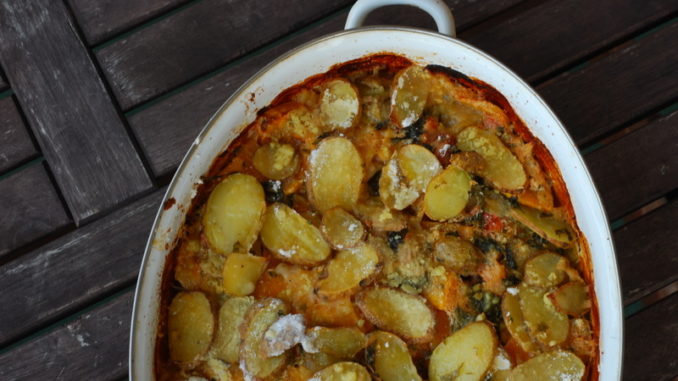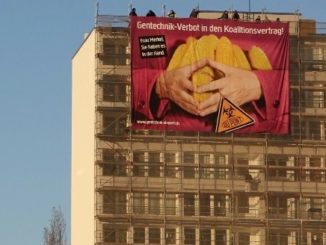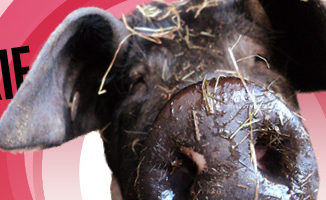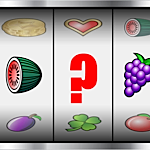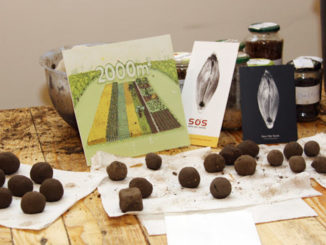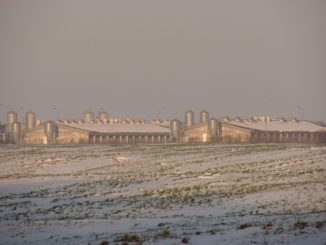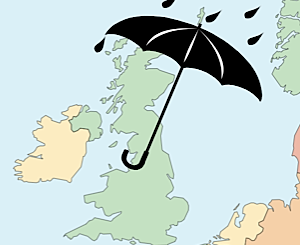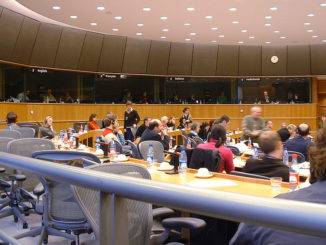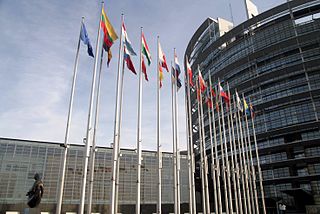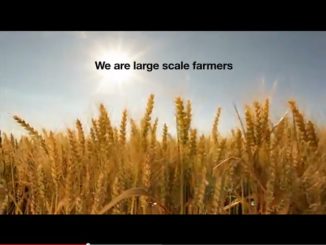(Brussels, 02/10/13) BEGINS On Monday the European Parliament’s Agriculture Committee (COMAGRI) voted on the remaining issues on CAP reform. This follows the substantive agreement in June in Ireland and the final trilogue between Parliament, Council and Commission last week, where the Council strong-armed the Parliament into ceding its position, aided by the Commission. The committee vote still needs to be confirmed by Parliament as a whole in a plenary vote at the November session. “The co-decision procedure on CAP reform has been a long, epic process, full of delays and brinkmanship. In the end however, it also represents, unfortunately, a missed opportunity to really, radically reform the CAP. The momentum now turns to member states” Samuel Feret, ARC2020’s coordinator said. Substantial reform has been bypassed in favour of business as usual, questioning the whole notion of co-decision making and trilogue. The Council, together with anti-reform COMAGRI members opposed capping payments to even the wealthiest, while watering down greening with exemptions and loopholes and maintaining polluting and export dumping practices. Specifically The COMAGRI vote dealt with outstanding issues on DP (Direct Payments), CMO (Common Organisation of Markets), RD (Rural Development) and HZR (Horizontal Regulations). […]
